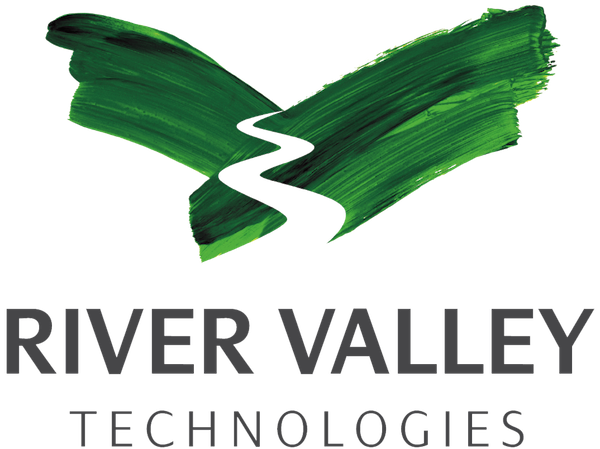An important traditional role of the scholarly literature has been a s a filter, selecting those submissions to the permanent scholarly record that are worthy of the cost of printing and distribution, and worthy of the attention of researchers checking the latest issues in the library. At its centre lies the editor, academic or professional, who makes a choice about how limited resources will be allocated. This made sense when the bottleneck was printing and distributing. In a web-world where the cost of making something available is low, it makes sense to publish everything, just in case, but how we will manage the information overload?
Neylon, who is an advocate of open approaches to research, will argue that this only seems a paradox from the print media world: that in fact publishing more makes filtering and discovery easier. Tools and approaches are available to enable improved automated filtering and discovery, for example by social filtering and hugely improved web search. It places control in the hands of the user. The role of the publisher changes from that of gatekeeper to one of facilitating discovery. To support this, publishers and researchers will need to consider how to provide access to much more of the raw material of the research process and critically how to enable the effective and efficient annotation and markup that will support new discovery platforms.



